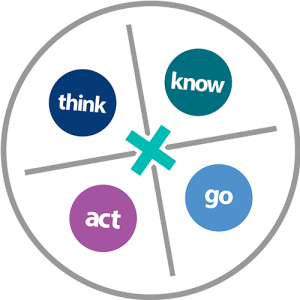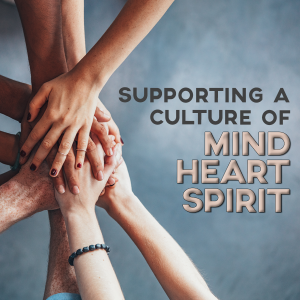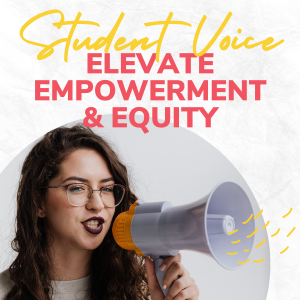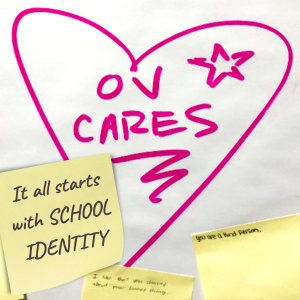-

The other Notre Dame
Earlier this month, I traveled 9,196 miles (14,800 km) to Fremantle in Western Australia to attend the Australian Association of Research in Education (AARE), which parallels the American Educational Research Association (AERA). I presented research papers on factors that limit American student access to International Baccalaureate programmes and ways to evaluate measures of metacognitive skills such as global citizenship.
After both presentations, I received strongly positive feedback and established or solidified research relationships between EPIC and leading academics from Deakin University (Melbourne), Murdoch University (Perth), the University of Canberra, and the University of Tasmania (Hobart). I engaged Australian academics in partnering on peer-reviewed papers around the following topics:
- Cross-national analyses of educational standards
- Factors influencing high school students’ opportunity to learn rigorous curricula across 140 nations
- Opportunity hoarding in urban and suburban Australian schools
I attended lectures from eminent scholars such as Michael Singh (University of Western Sydney) and Bobby Harreveld (Central Queensland University), who discussed the concept of l’earning, a portmanteau of learning and earning. Singh and Harreveld interrogated access and opportunity gaps that distinguish three classifications of students:
- EEETs: Students who are engaged in elite education, employment, or training
- EETs: Students who are engaged in education, employment, or training that is not elite
- NEETs: Students who are not engaged in education, employment, or training
They also introduced another acronym (METALS) to direct focus on not just Science, Technology, Engineering, and Mathematics (STEM), but also Arts and Languages. Their work, due for publication in 2016, has huge potential to inform EPIC’s evolving work on college and career readiness.
In addition, the AARE special interest groups on Global Contexts for K–12 Education and Rural Education each invited me to write a chapter for upcoming edited volumes. I also attended workshops on grounded theory and design-based research.
This conference was the most useful I have attended to date, because it offers an incredible breadth of scholarship but is intimate enough to find sufficient time and collaborative space with a number of brilliant individuals doing tremendous work in educational research and policy.





